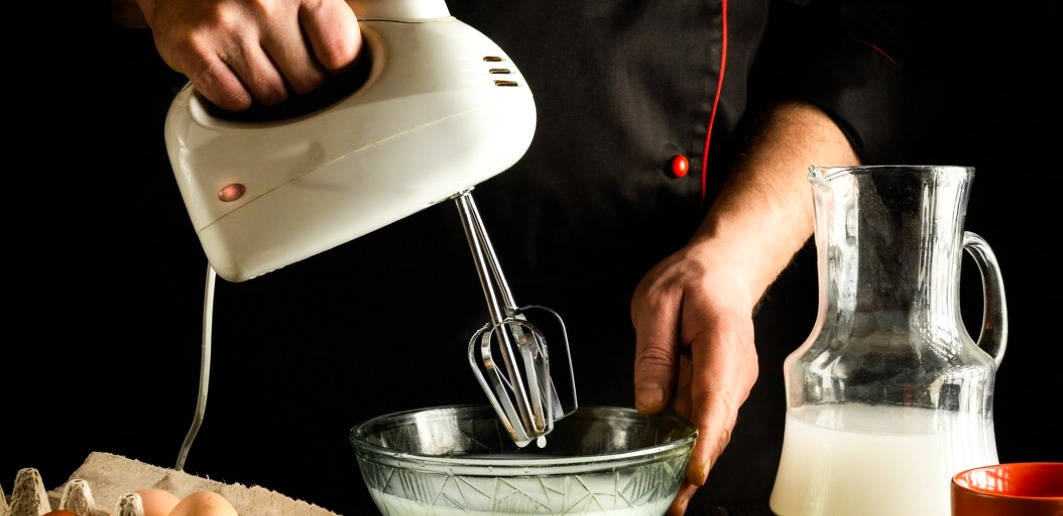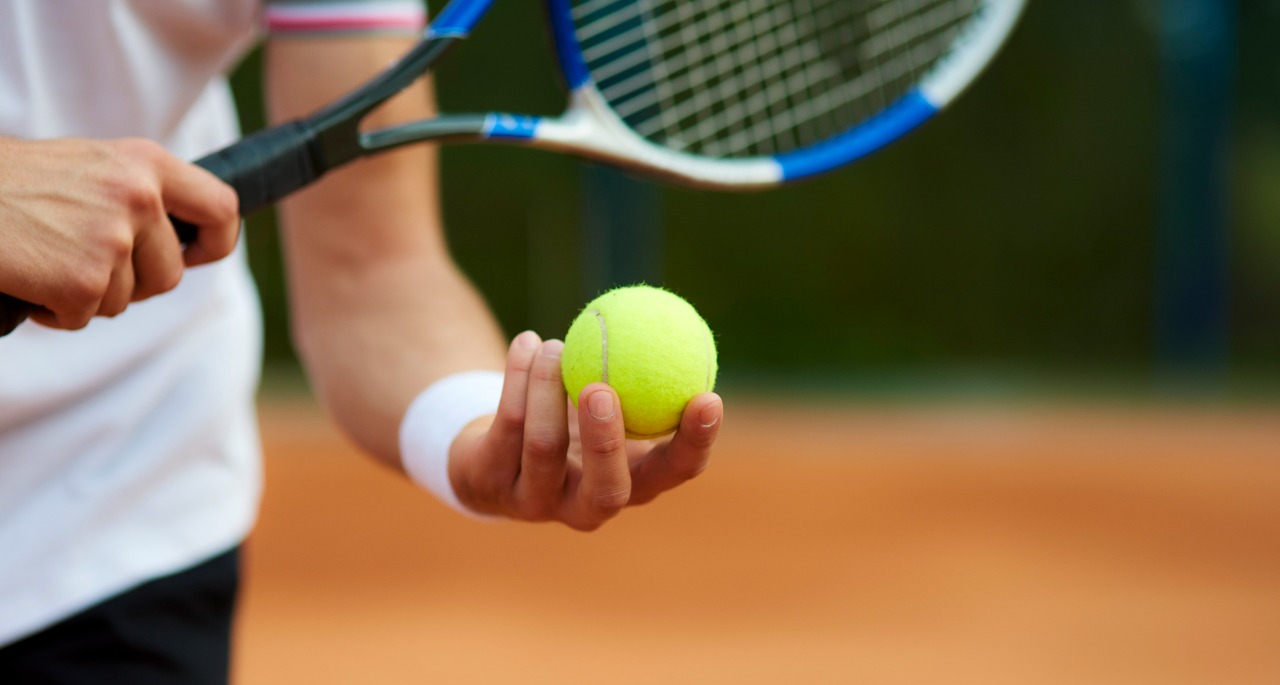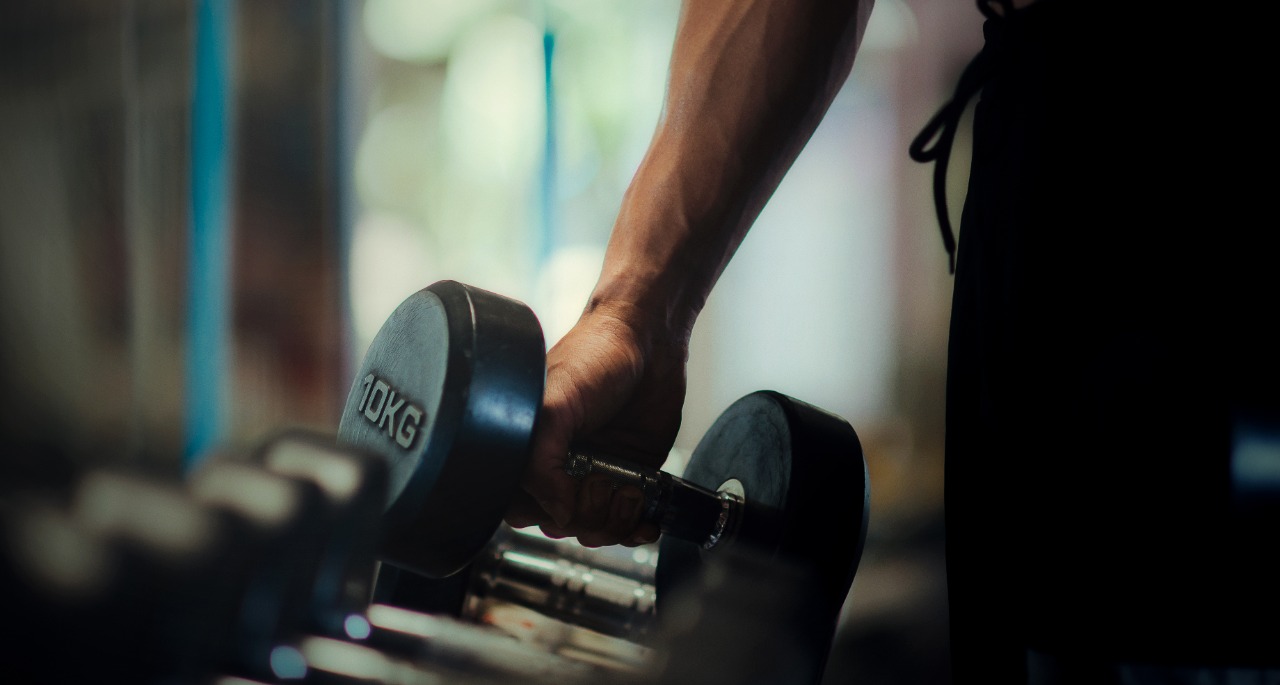- News
-
 Iyul 25, 2023 Cocktail Blenders
Iyul 25, 2023 Cocktail Blenders -
 Oktyabr 12, 2022 How mixer makes our work easier
Oktyabr 12, 2022 How mixer makes our work easier -
 Sentyabr 28, 2022 10 facts about tennis
Sentyabr 28, 2022 10 facts about tennis -
 Sentyabr 26, 2022 Hair dryer
Sentyabr 26, 2022 Hair dryer -
 Sentyabr 19, 2022 Dumbbell lifting and its benefits
Sentyabr 19, 2022 Dumbbell lifting and its benefits -
 Sentyabr 15, 2022 Interested in a pilates ball?
Sentyabr 15, 2022 Interested in a pilates ball?
.jpeg)
15 Sentyabr 2022
10 main benefits of playing chess
Chess is played every day all over the world and brings people from different cultures and backgrounds together. Let's look at 10 benefits of learning and playing chess!
Chess has the power to bring people together.
Chess is one of the oldest games in the world, dating back 1500 years. The game of chess evolved and spread around the world as we play it today. As a result, this journey has united people of different cultures, ages and backgrounds with their passion for the game around the common game of chess.
Chess teaches you how to win and how to lose.
Of course, everyone likes to win, but learning to accept defeat is just as important. As they say, sometimes you teach, sometimes you learn! Most importantly, try to learn from these defeats and become a stronger player. As in life, when we face failure, we need to get back up and take stronger and smarter steps. Winning gracefully is an important personal trait that chess can teach.
Chess helps children understand the consequences of their actions.
School chess has seen a steady rise worldwide in recent years. Most importantly, children who play chess learn at an early age that their choices can have both good and bad consequences, before these children become great chess players or achieve high Elo/Ukd scores. Thinking about your moves and trying to play the best move is helpful, but playing too fast and rushing your decisions can have negative consequences.
Chess helps to focus.
As Bobby Fischer said, "Chess requires total concentration." A chess player can make moves like a grandmaster for 30 moves and on the 31st move get distracted and make a simple mistake that will lose the entire game! This strong focus, schoolwork, housework, etc. It is also useful in everyday life.
Chess is an excellent educational tool for schools.
After school, desk and preschool programs are very popular, and for good reason. Chess is a very inexpensive activity to get kids involved in their school activities. Children of different ages, locations and with different needs can participate in a chess class or club.
Chess improves creativity.
They say that a person's personality is revealed in the game of chess. A shy and passive person can play more timid, while social and extroverted people can make strong attacks. One of the great things about chess is that there is room for everyone's style and personality. You can show your creativity with the actions, plans and tactics you make on the board.
Chess increases self-confidence.
Chess is all about you – you decide how much time you want to spend, competing in tournaments, finding your weaknesses and analyzing your losses. With all this workload, it will make you feel confident. Even going through a rough patch while learning chess can help you build stamina and confidence.
Chess improves problem solving skills.
Every chess game you play has challenges and challenges that must be solved in order to play your best game. Chess will help you think ahead, take your time in making decisions and weigh the pros and cons of your options. This is similar to the challenges we face in everyday life, and just like in chess, we try to make the best choices to achieve positive results in our lives.
Chess works both sides of the brain.
While playing chess, your brain will have to work your logic, improve pattern recognition, make both visual and analytical decisions, and test your memory. Chess is loved by people of all ages – as a result, these brain exercises will be part of your brain for life! An active brain is a healthy brain!
Chess helps you learn to stay calm under pressure.
A tense game of chess where you sacrifice everything, are short on time and still have to make critical decisions to get a full score teaches us to stay calm under pressure. You need to be extremely attentive and at the same time calm for your brain to work at its maximum. We all have jobs and assignments, presentations, interviews and tests to tackle throughout our lives, and just like in a game of chess, we need to be confident and patient so that we can do our best.
 (1) (1).png)

 Mega sales
Mega sales
.png) Supermarket
Supermarket
.png) Large household appliances
Large household appliances
 Home appliances
Home appliances
 Electronics
Electronics
.png) Clothes, shoes and bags
Clothes, shoes and bags
 Health and beauty
Health and beauty
 Hobbies and entertainment
Hobbies and entertainment
 Fitness equipment
Fitness equipment
 Sports equipment
Sports equipment
 Yoga and pilates
Yoga and pilates
 Other products
Other products

